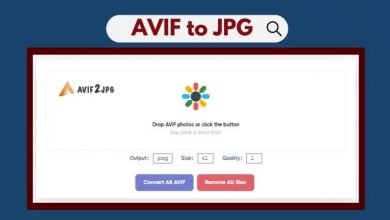Apple temporarily eases notarization requirements for developers ahead of macOS Catalina launch

[ad_1]
Apple is going to launch macOS Catalina, its next major version for the desktop operating system, to the public later this year. In an effort to help out developers before that launch, it’s made a temporary change.
Apple confirmed this week that it will be temporarily easing notarization requirements for macOS Catalina for apps sold outside of the Mac App Store. This relaxation of the rule comes ahead of the macOS Catalina launch, which will require developers to have their apps notarized if they want to run in the next version of macOS.
As a reminder, Mac software distributed outside the Mac App Store must be notarized by Apple in order to run on macOS Catalina. To make this transition easier and to protect users on macOS Catalina who continue to use older versions of software, we’ve adjusted the notarization prerequisites until January 2020.
As noted above, this change will be in place until January 2020. After that, the harder rules will go back into effect.
Here’s Apple’s bullet point list of apps that can be notarized with the eased rules:
- Doesn’t have the Hardened Runtime capability enabled.
- Has components not signed with your Developer ID.
- Doesn’t include a secure timestamp with your code-signing signature.
- Was built with an older SDK.
- Includes the com.apple.security.get-task-allow entitlement with the value set to any variation of true.
Apple introduced the need for notarized apps sold outside of the Mac App Store with the launch of macOS Mojave 10.14.5. The goal? To protect users from harmful and potentially malicious applications.




